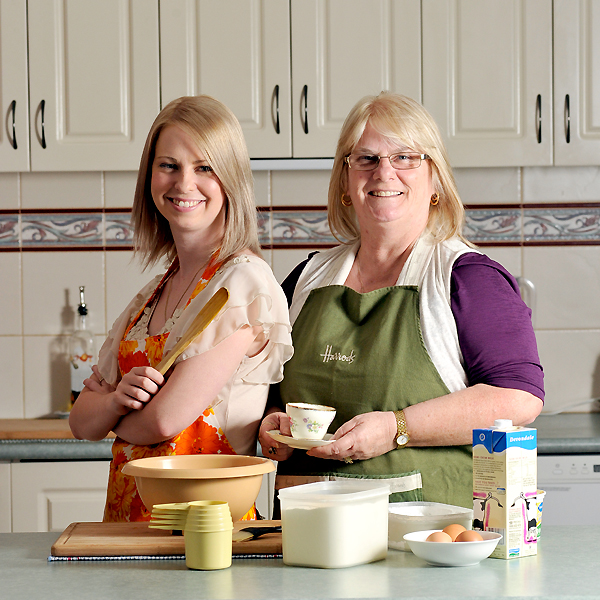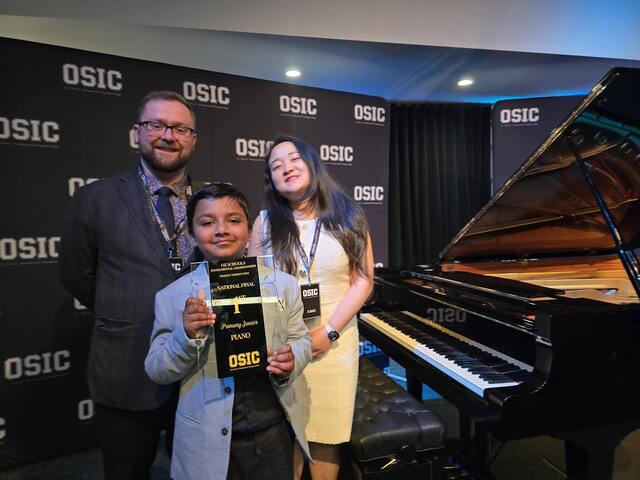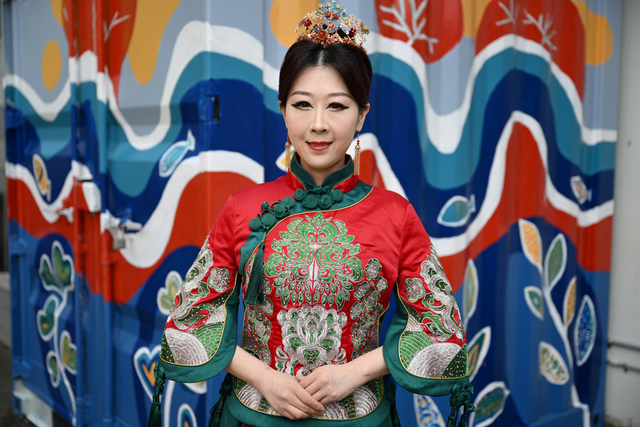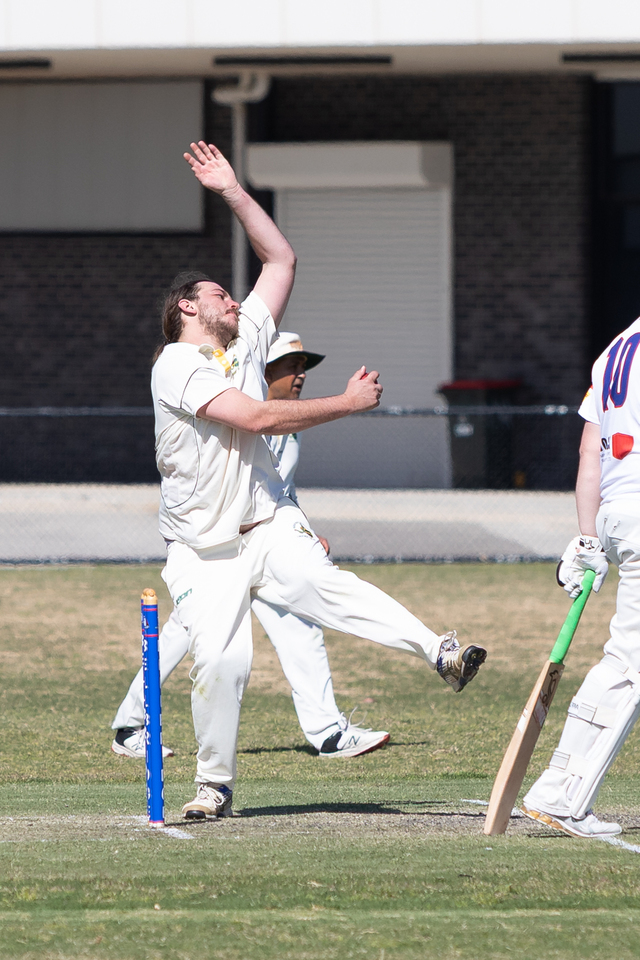In this age of social media, the CWA continues to bring women together in more traditional ways, writes Tara Murray.
THE Country Women’s Association isn’t just about women baking scones and making cups of tea.
It’s much more than that.
Formed in Australia in 1922 and in Victoria in 1928, the association was set up by women for women with the aim of providing fellowship and mutual support during the Great Depression.
Grace McKenzie, who joined the Bulla branch in 1948, recalls the ‘‘battles’’ that women like her mother-in-law had during the period when CWA was finding its feet.
‘‘My mother-in-law was on a farm over on Diggers Rest Road. She worked extremely hard, had a sick daughter and had to milk the cows.
‘‘There was loneliness felt by so many women as you couldn’t drive, you couldn’t go anywhere [very few women had a driver’s licence],’’
Grace, now a member of the Sunbury branch, joined the CWA for much the same reason.
‘‘I didn’t have my licence in those days and had to walk to the meetings,’’ she recalls. ‘‘In a household with two young males and my husband, I always appreciated other women’s company.’’
It was the friendships and support of other members that helped Grace through the hard times, and assist her today.
‘‘I had twins, unexpectedly, as they didn’t scan you in those days.
‘‘My CWA friend Mrs Nelson came and said she would come and clean the dirty nappies for a month.’’
Known for her yo-yo biscuits, the former dress maker is Sunbury’s only current life member after serving two terms as group president of the Central Highlands group, which extends from Bulla through to Kinglake West.
Having reduced her involvement since the closure of Bulla in 2000 [she was one of two people running the group at the time], she now enjoys just being a member.
‘‘It’s something I’ve been proud of and after being a member for so long I think I’ll see it through to the end.’’
The CWA is now Australia’s largest organisation for women, with 25,500 members and 1500 branches.
As well as engaging in cooking and crafts to raise huge amounts of money for charities, the women aim to improve conditions for women and children and make life better for families, especially those living in rural and remote Australia.
They donate money and gifts to local groups, areas affected by natural disasters and to countries less fortunate.
Craigieburn’s Marg Sumpton is in her second stint as Central Highlands group president, responsible for 10 branches.
She joined in 2002 and despite Craigieburn having a branch, she chose to join the Macedon group.
‘‘I belong to Macedon as the branch meeting at [Craigieburn] was on Wednesday and it didn’t suit,’’ explains Marg.
‘‘I found out that they had a craft day every month in Macedon and I loved it.
‘‘It was something different in the sense I wanted to learn what they were doing.
‘‘Friendship and learning different skills from different people are the biggest things I’ve learnt.’’
She says one of her focuses was to make CWA accessible to everyone.
‘‘The [federal] government looks for our input into women’s issues, especially in the country areas, not so much in the city.
‘‘I would love to see some more branches in the city as it would be beneficial.
‘‘I would love to have a branch running in Roxburgh Park, but with the multicultural community, it’s one of my stumbling blocks.
‘‘Also I would like more night branches, [Riddells Creek is the only one in the Central Highlands], though one at Gisborne is opening up more opportunities for more people to join.’’
Pamela Heath is the president and co-founder of the Darley branch.
‘‘About six years ago I started at Bacchus Marsh and had a bit of a rift with another a lady,’’ she recalls.
‘‘So another lady and I decided to open one in Darley.
‘‘I felt it [the Bacchus Marsh branch] was stuck in a rut and something had to happen and it was just time to move on. They’ve continued on and are better off, and so are we.’’
She says the group, whose oldest member is in her 60s, is moving with the times.
‘‘The CWA realises it has to change to bring in new people,’’ says Pamela. ‘‘Their stalls used to be cakes, coat hangers and pin cushions, but now we have a lot more.
‘‘My daughter-in-law will often ask if we can make something for the store and her friends will let us know what’s in vogue in the moment, which is good, but it shows us we have to change.’’
Darley’s focus is mainly craft and the branch recently won the Ballarat district’s ‘Top Craft’ award.
Pamela says her group helped out any community which asks for assistance.
‘‘Everyone is friendly and it’s a good way to learn things and it helps other people who are less unfortunate.
‘‘We’ve put together nursing kits to send overseas.
‘‘We help the local schools and give donations to groups which the CWA has voted to donate to.’’
She thinks joining a branch is something that all girls should do. Katherine Boicos, originally of Werribee, is one of the new generation of women joining the CWA whom her elders hope will carry on the tradition.
The 26-year-old and her mum Betty Boland joined this year.
They too, like many others, thought it was mainly about cooking.
‘‘I looked into after it seeing the CWA stalls at the local and Melbourne shows and it was kind of interesting with the arts and crafts and the cooking,’’ says Katherine, who admits her friends were shocked to hear she joined.
‘‘They ask me about it and I tell them, and they are really interested in it,’’ she says.
‘‘I’ve got all the books and I wanted new skills and wanted to learn to cook, which I’m not good at.
Her mum was surprised about how much the CWA accomplishes.
‘‘They are really professional, which I wasn’t aware of. I didn’t know they did minutes and kept records; it was an eye opener.
‘‘I like arts and crafts and it gives mother and daughter time together.
Both said they were surprised to hear that members did public speaking or could sing in a choir.
Betty says she was surprised that everything they made went to charity.
‘‘I thought their crafts were just to learn the skill and you take it home, but it’s for the store to use as a fund-raiser.
‘‘Everything you’re making is to sell in the store; you take away the skill.’’
Katherine says that with her mum living in Werribee and herself moving to Bacchus Marsh, they had chosen the Melton Owls branch, as it holds night meetings.
‘‘They need night-time groups, which allow more flexibility and also weekends for younger and working people. You’ll be able to get more people involved that way.’’







